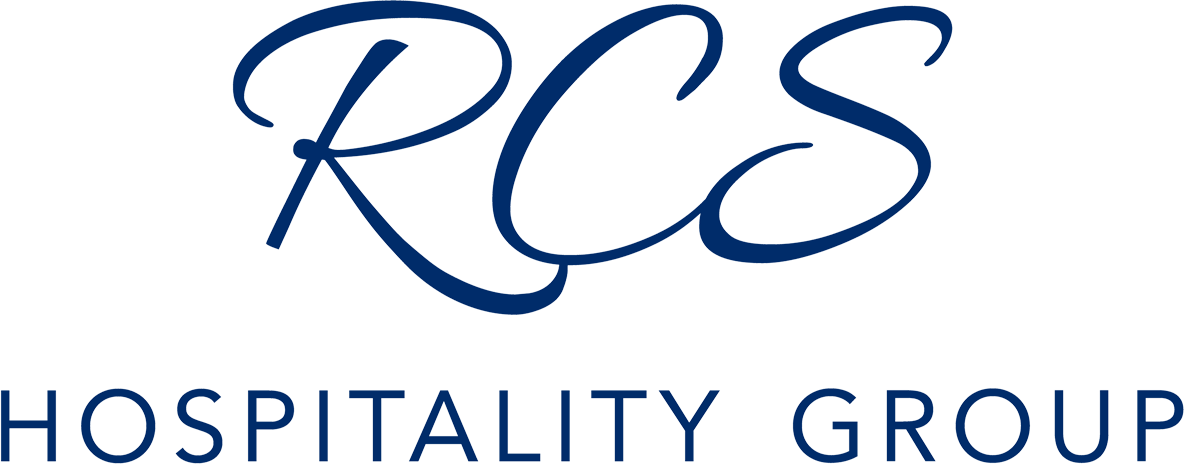
In hospitality, everything we do relies on our teams. Our workforce makes an emotional connection with our members and guests. Your workforce is the greatest resource for delivering exceptional member and guest experiences. Taking care of them isn’t just a priority—it’s essential.
The pandemic reshaped the hospitality labor market in ways we still feel today. It’s well-documented that nearly 30% of the hospitality workforce left the industry in 2020, and while some have returned, many markets still face labor shortages. At the same time, today’s employees aren’t just looking for jobs; they’re looking for workplaces prioritizing well-being, flexibility, and purpose.
A “well-workplace culture” is a must for a competitive employer. Companies and clubs that want to thrive must go beyond surface-level perks and instead build intentional, meaningful programs around employee well-being. Higher wages and flexible schedules are not enough in most cases. Job seekers and existing employees desire an environment where people feel valued, supported, and connected.
One challenge leaders face is addressing the different ways multigenerational teams view work-life relationships and the value they place on work generally. Baby Boomers and Gen X employees often value stability, structure, and traditional career paths, while Millennials and Gen Z prioritize flexibility, meaningful work, and a sense of purpose. Bridging these generational differences requires leaders to be adaptable and open to evolving workplace norms.
Instead of resisting these changes, we must lean into them. Developing a “well-workplace culture” requires dedication, communication, and investment. It also requires alignment between leadership at all levels, management, and your members or customers. When everyone understands and supports the importance of well-being, the results speak for themselves: improved service, increased productivity, lower turnover, and a stronger bottom line.
The Pillars of a Well Workforce
Here are seven foundational pillars that can guide leaders in building a truly “well-workplace”:
- PURPOSE
Employees want to work for organizations whose values align with their own. Purpose (mission statement) anchors a company, and when employees connect with that purpose, they feel motivated and invested. Make your purpose and values central to your recruitment and retention strategy. - CAREER
The pandemic prompted many workers to rethink their career goals. People want meaningful work and opportunities for growth. Prioritizing professional development, mentorship, and clear pathways for advancement will foster loyalty and long-term commitment. - SOCIAL
Strong workplace relationships are a key driver of job satisfaction and long-term happiness. Leaders can foster these connections through team-building events, regular check-ins, and by helping up-and-coming managers develop emotional intelligence. - FINANCIAL
Financial stress remains one of the top concerns for employees, especially in today’s economic climate. Employers can support financial wellness through fair wages, financial literacy programs, and transparent conversations about compensation. Approaching financial concerns with empathy and recognizing the challenges employees face in managing rising costs will engender trust and loyalty. - COMMUNITY
A sense of belonging is crucial for employee engagement. Leaders can create this through volunteer opportunities, sponsorship of local initiatives, and by fostering pride in the workplace community. - PHYSICAL
Physical well-being encompasses sleep, nutrition, exercise, and overall health. Leaders should assess employee meal programs, encourage physical breaks, and ensure work environments support physical wellness. - EMOTIONAL
Mental health support is no longer optional—it’s essential. Emotional well-being starts with managers who lead with empathy, flexibility, and emotional intelligence. For less-experienced employees, especially those in their first jobs, patience and additional training are often necessary—not only for job skills but sometimes for foundational life skills like communication, time management, and workplace expectations. Investing in this support helps employees grow confidently into their roles and strengthens team dynamics.
Investing in the Future
Building a “well-workforce” isn’t a one-time initiative or new employee break room—it’s an ongoing commitment. It takes time, resources, and genuine effort. Done right and the return on investment is undeniable. Leaders who prioritize well-being will attract and retain top talent. They also build resilient, engaged teams that drive success at every level.
This approach is good for employees and for the business. In hospitality, where our people are our greatest asset, there’s no investment more worthwhile.
A version of the “well-workforce” concept was published in Boardroom Magazine in 2023.
About the Author:
Whitney Reid Pennell, president of RCS Hospitality Group, is a celebrated management consultant, educator, and speaker. RCS specializes in strategic planning, operations consulting, food and beverage management, executive recruitment, and training programs. RCS has been recognized fourteen times with BoardRoom Magazine’s Excellence in Achievement Awards, including staff training seven times. RCS continues to offer innovative solutions through RCSUniversity.com, an online virtual training portal for employees and managers.









